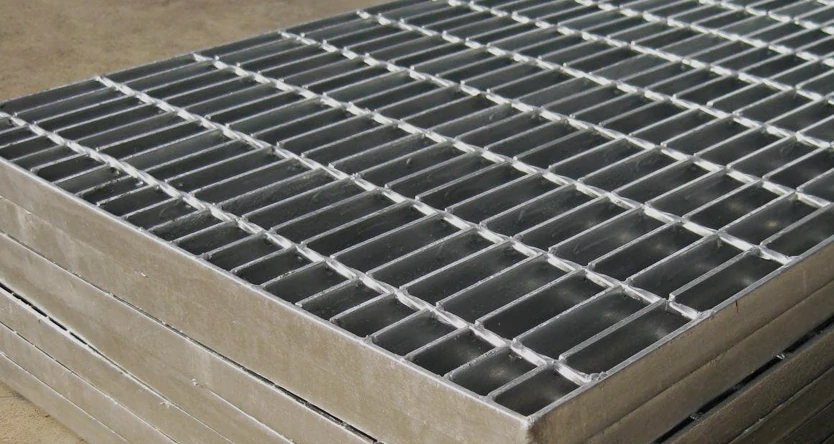Understanding Dutch Weave Screen A Versatile Solution for Filtration and Separation
Dutch weave screen, a sophisticated and versatile filtration medium, plays an essential role across various industries, including food processing, pharmaceuticals, water treatment, and mining. Its unique structure and properties make it an ideal choice for applications requiring both precision and strength. In this article, we will explore the characteristics, manufacturing processes, applications, and benefits of Dutch weave screens.
What is Dutch Weave Screen?
Dutch weave screen is a type of woven wire mesh characterized by its intricate crimping pattern, which provides exceptional stability and filtration efficiency. The screen is typically composed of stainless steel or other durable materials, offering a combination of high tensile strength and corrosion resistance. The construction involves interweaving two distinct sets of wires the warp wires running vertically and the weft wires running horizontally, creating a dense mesh that can trap particles of various sizes.
The unique feature of Dutch weave screen lies in its tightly woven structure, which offers several advantages over traditional woven wire mesh. It is available in multiple mesh sizes and thicknesses, allowing for customization based on specific filtration requirements.
Manufacturing Process
The production of Dutch weave screens involves several critical steps that ensure the final product meets quality standards and performance specifications. Initially, high-quality stainless steel wire is selected based on the intended application. The wire undergoes a heating and cooling process to enhance its tensile strength and flexibility.
Next, the weaving process is initiated using specialized machinery. The warp and weft wires are interlaced meticulously to create the characteristic tight weave. This process can be adjusted to achieve the desired mesh size and wire diameter. After weaving, the screens are often subjected to finishing treatments, such as flattening, cutting, and surface polishing, to improve their functionality and aesthetic appeal.
Applications of Dutch Weave Screen
Dutch weave screens are widely employed in various industries due to their filtration efficiency and durability. Here are some common applications
1. Food and Beverage Industry They are used in the filtration process of liquids such as juices, wines, and oils, ensuring that impurities are removed without affecting the quality of the product.
dutch weave screen

2. Pharmaceuticals In the pharmaceutical industry, Dutch weave screens play a crucial role in the filtration of active ingredients and excipients, ensuring product purity and safety.
4. Mining and Mineral Processing These screens are instrumental in separating valuable minerals from ore, optimizing the extraction process while maintaining efficiency.
5. Chemical Processing The chemical industry relies on Dutch weave screens for the filtration of catalysts and other chemical compounds to ensure high-quality output.
Benefits of Dutch Weave Screen
The use of Dutch weave screens provides numerous benefits, including
- High Filtration Efficiency The tight weave design ensures that even small particles are effectively filtered out, enhancing product quality and purity.
- Durability Made from high-quality materials, Dutch weave screens are resistant to wear, corrosion, and extreme temperatures, ensuring a long lifespan.
- Customizability These screens can be tailored to specific mesh sizes and thicknesses, making them suitable for various applications.
- Easy Maintenance Dutch weave screens can be easily cleaned and maintained, ensuring consistent performance over time.
In conclusion, Dutch weave screens represent a premier solution for filtration and separation across diverse industries. Their unique construction, durability, and efficiency make them invaluable in applications where precision is paramount. As industries continue to evolve and demand higher standards, the importance of innovative filtration solutions like Dutch weave screens will only increase, solidifying their role as an essential tool for modern manufacturing and processing.
-
Why Galvanized Trench Cover Steel Grating Resists Corrosion
NewsJul.10,2025
-
The Versatility and Strength of Stainless Expanded Metal Mesh
NewsJul.10,2025
-
Load Calculations in Steel Grating Platforms
NewsJul.10,2025
-
Keeping Pets and Kids Safe with Chicken Wire Deck Railing
NewsJul.10,2025
-
Hole Diameter and Pitch for Round Perforated Metal Sheets
NewsJul.10,2025
-
Aluminium Diamond Mesh in Modern Architecture
NewsJul.10,2025
Subscribe now!
Stay up to date with the latest on Fry Steeland industry news.

